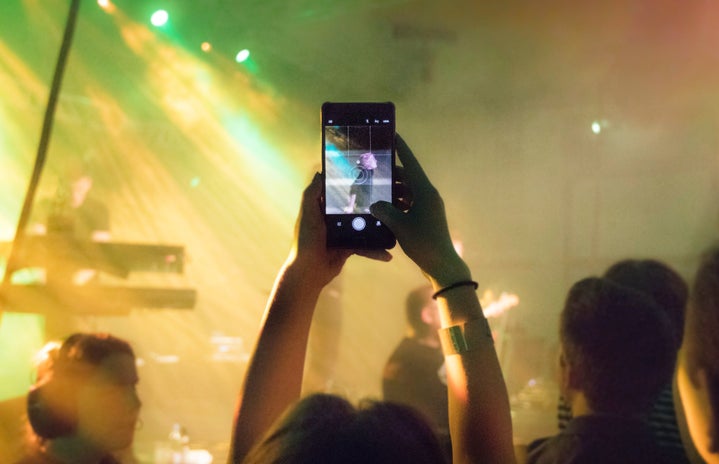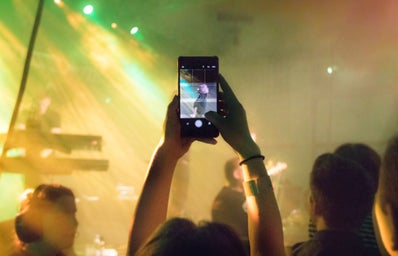For most people, their knowledge of K-pop, or Korean pop music, begins and ends with PSY’s 2012 hit “Gangnam Style”. The song–or more specifically, the video–garnered attention all over the world for its catchy beat and the notable dances highlighted in the four-minute long video, and can be credited as the first video on YouTube to reach one and two billion views. After the initial hype had died down, Korean pop music floated relatively under the radar in the west until May, when rising seven member group BTS won the Top Social Artist Award at the Billboard Music Award by a wide margin due to some help from their ever-growing fanbase. Subsequently, EXO member Park Chanyeol recently grabbed headlines for being “the ultimate Tommy boy” at London Fashion Week, where he sat front row during the Tommy Hilfiger show and stole the show. But what is it about K-pop that makes it transcend language differences and garner interest globally?
It should be noted that the Hallyu Wave—another word for Korean Wave–isn’t something that’s new, and has been active as early as the 1950s. Originally, it referred to the spread and interest of Korean dramas and music across East, South, and Southeast Asia, but now has expanded to encompass its influence on the world as a whole. One of my first interactions with Korean culture came in 2009, when the Jonas Brothers toured with Wonder Girls, a popular girl group that had just released an English version of one of their more popular singles. It was part of their American debut, traveling across the country and getting more exposure as the opening act, which lead to both an extension of their contract (13 dates would be turned into 45) and their American television debut on the Wendy Williams show (though it wouldn’t be their last; they also had a TeenNick television movie inspired by their tour). It also opened the passage way for them to have their own headlining tour with labelmates 2PM with 20 dates across the US & Canada. It’s something that lots of groups have tried to replicate, but very few have copied.
However, this was only a spark of the Hallyu Wave, and in 2012 it would only get bigger with the creation of KCON, a music and cultural arts festival originally based in Southern California, but now has branches in New York, Japan, Abu Dhabi, Paris, Mexico, and most recently Australia. It was promoted as a way for local fans to have the chance to connect with each other while also gaining the chance to see live acts and expand their knowledge of Korean culture, and its first year’s attendance rate was over 20,000. Since then, the numbers have skyrocketed (as well as the ticket prices) and people all over the country travel in for this event for a chance to see and meet some of their favorite idols they may have only ever seen before on the other side of the screen. Notable acts in the five year span of the event are G-Dragon (member of BIGBANG, who gained attention for their song “Fantastic Baby”), GOT7 (who have completed two US tours with several sold-out dates as of 2017), Girls’ Generation (who are fondly referred to “the nation’s girl group” in reference to their impact in the Hallyu Wave), Seventeen (a “rookie” group that has gotten international acclaim for being a self-producing idol group), and both EXO and BTS.
Still, some people can only wonder what it is about K-pop that people find so appealing, and as someone who’s traveled to both ends of the country just to see some of these acts, I have to say it’s a combination of things. When I first began my journey, I was in it because one of my closest friends was into it and I could tolerate the music, but now, it’s something that I find comfort in daily, whether it’s keeping up with the translation of interviews online, staying up way too late to watch live broadcasts of performances, or listening to it as I walk around campus and letting the beats give me energy throughout the day. And while for some language can be a barrier, for me it’s an encouragement to learn something new and embrace the unknown. After all, Korean music charts show Ed Sheeran high up in their rankings, and it’s not like he’s going out of his way to speak Korean, so why is it so hard to believe that English speakers can’t do the same?
The Hallyu Wave is something that only seems to expand with time, and I’m sure it won’t be long until our radios become more international music friendly. Embrace the unknown, y’all. The worst that could happen is that you don’t like it.


